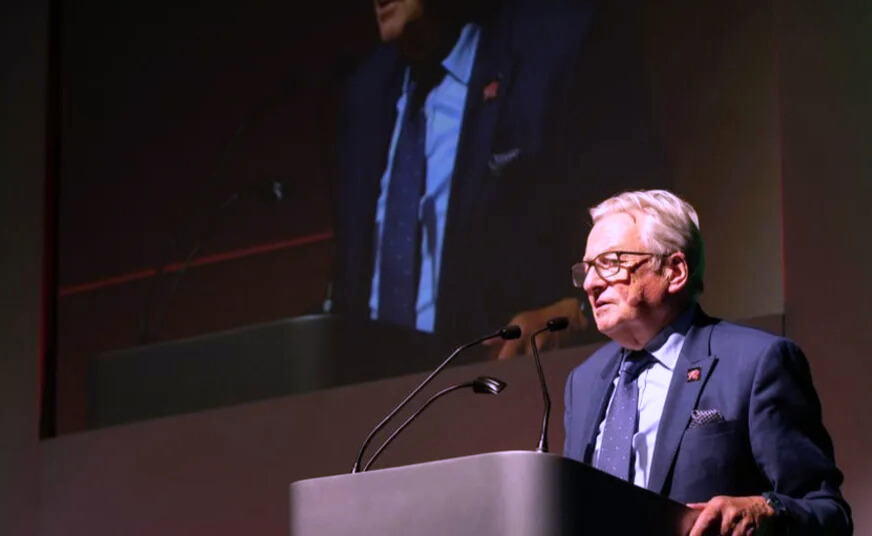
Lord Dafydd Elis-Thomas, a towering figure in Welsh politics, has passed away at the age of 78. His remarkable journey saw him transition from a rebellious nationalist to an integral part of the political establishment. Never one to shy away from controversy, his career was marked by defiance, transformation, and an unshakable commitment to Welsh governance.
A Political Rebel with a Cause
Born in Carmarthen in 1946, Elis-Thomas grew up in Llanrwst and later attended Bangor University. His political activism took root early—he led Plaid Cymru’s youth movement and vocally opposed the 1969 investiture of Prince Charles at Caernarfon Castle.
His rise to prominence came swiftly. In 1974, at just 27 years old, he was elected to the UK Parliament, becoming its youngest member—dubbed the “baby of the house.” He was one of three Welsh nationalists elected alongside Gwynfor Evans and Dafydd Wigley, forming a powerful trio advocating for Welsh interests.
Plaid Cymru Leadership and a Shift to the Left
The battle for Plaid Cymru’s leadership in 1981 saw Elis-Thomas pitted against Wigley. It was a contest between progressive leftist ideals and a more traditionalist approach. Though he initially lost, he later assumed leadership in 1984, ushering in a more left-leaning era for the party.
Under his guidance, Plaid Cymru threw its weight behind the miners’ strike of 1984 and gained another seat in Parliament during the 1987 election. However, his tenure was not without friction, and he eventually stepped down as an MP in 1992. That same year, despite Plaid Cymru’s opposition to the House of Lords, he accepted a peerage, an act that alienated some party loyalists.
Champion of Devolution and Outspoken Leader
Returning to frontline politics in 1999, Elis-Thomas was elected to the newly established Welsh Assembly (now Senedd Cymru) and took on the role of Presiding Officer. His tenure, lasting until 2011, was far from passive—he passionately advocated for the Assembly’s independence from Westminster and clashed with key political figures over governance issues.
Never one to mince words, he sparked heated debates when he criticized Welsh-language nationalism, arguing there was no true Welsh-speaking heartland. His sharp wit and candid remarks often made headlines, such as his infamous complaint about bureaucratic inefficiency: “What is the point of getting up in the morning, cleaning my teeth, washing, and shaving if you go to work in an institution like this?”
Breaking Away from Plaid and Embracing Independence
As the Assembly evolved, so did Elis-Thomas’ political stance. In 2011, after the successful referendum granting the Senedd full law-making powers, he called for the abolition of the Wales Office, a move that drew sharp criticism from both Labour and the Conservatives.
His outspoken nature eventually led to a rift with Plaid Cymru. Disillusioned with its direction under Leanne Wood, he left the party in 2016 to sit as an independent, citing Plaid’s reluctance to engage with the Labour-led Welsh Government. Ironically, he later joined that same government as Deputy Minister for Tourism, Sport, and Culture under First Minister Carwyn Jones.
A Lasting Legacy
Retiring from politics in 2021, Elis-Thomas left behind a complex and storied legacy. He was a political chameleon—radical in his youth, institutional in his later years—but always a steadfast advocate for Welsh self-governance. Whether admired or criticized, he remained true to his convictions.
Lord Elis-Thomas is survived by his wife, Mair Parry Jones, and three sons from a previous marriage. His passing marks the end of an era for Welsh politics, leaving behind an indelible impact on the nation’s democratic journey.



